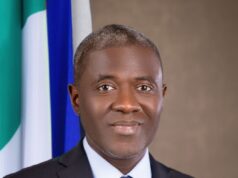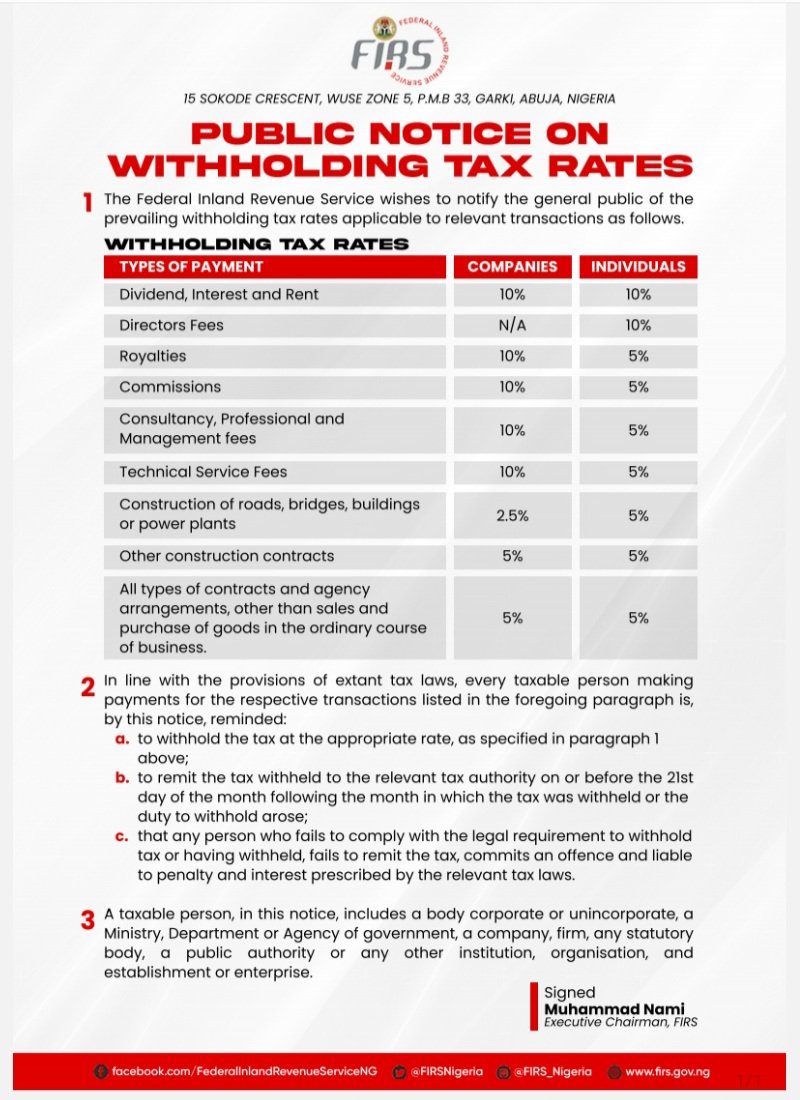
In making a distinction between a journalist and a diplomat, an author described the diplomat an official sent abroad to lie on behalf of his/her nation.
This being the case, why would Nigeria diplomats try to cover up or lie outrightly to the home crowd?
As I write, I have it on concrete authority that Nigeria’s Consul General in Jeddah, Saudi Arabia, Mr. Ahmed Umar is a bright and promising diplomat serving his country at many sensitive locations across the world. When he spoke to Daily Trust on Friday on the issue of the alleged ill-treatment of Nigerians in the recent Saudi crackdown on illegal migrants, he sounded more like a Saudi embassy official sent to mislead Nigerians.
This clampdown was itself ordered by the Kingdom following the expiry of a seven months amnesty aimed at allowing illegal migrant workers the chance to correct their visa status without a penalty or without being asked to leave the country. The real reason however is that, foreign workers make up about a-third of that country’s 27 million population. What the clampdown aimed to achieve was to reduce the black market in cheap labour so as to create more jobs for the Saudis.
Nigerians, along with Indians, Pakistanis, Bangladeshis, Egyptians and Ethiopians form the bulk of the targets of the policy.
Many of the victimized Nigerians routinely interviewed by the BBC said those of them who presented themselves for visa renewal were seized and clamped into detention along with the illegals. Nearly all those given the chance to come before the microphone complained of one form of harsh treatment or the other by the Saudi officials. The detention centres, they told the BBC, were extremely cold without any warm coverings given and the food ration was too low for survival. The more than 120,000 Ethiopian citizens flown home by their country, after they were removed from the same centres, were given medical assistance by the International Organization of Migrants. They got psychological first aid, meals, water and high energy biscuits upon arrival, underscoring the general abuse to which migrants were subjected to.
Mr. Umar, in his Trust interview, said impliedly that Nigerian victims of similar abuse lied, as no Nigerians were maltreated in that country.
“Nigerians who are either permanently residing in Saudi Arabia or on Hajj are not maltreated in Saudi Arabia… Nigerians are doing very well.” This must have clearly put many Nigerians and their government in a quandary. Are Nigerians lying against their hosts? Or is the diplomat living up to the norm in diplomatic service, the difference being that this is against his country, not for it?
In countries all over the world, foreign relations are based on the policy of reprocity. “You do me, I do you,” as we say in the Nigerian parlance. That is why a country like India can overnight, turn smiles into snarls against the world’s only super-power, the United States of America–a country with the reputation of a bully in the global scene– following the humiliating treatment meted out to a female diplomat who was stripped and searched.
When the Saudis introduced a discriminatory visa policy against a set of countries, including Nigeria, Pakistan and Egypt, by which policy advance payment for local transport and accommodation are paid to a Saudi agent as a condition for the issuance of “free” visa, the other countries vehemently protested and in the case of Egypt, I know that this outrageous requirement has been dropped since. An Egyptian pilgrim on Umrah trip is required to provide 0evidence of no more than a return ticket and that he/she is going in a group. The implication of the policy is that a Nigerian going on Umrah to the Kingdom must give money (about $1,000) to an agent for these services even as it happens, they are not likely to use them. For instance, there are many of those Umrah pilgrims who charter their own vehicles to take them around because they can afford it. Similarly, evidence that one has hotel booking with Hilton, Intercontinental or Hyatt does not exempt the pilgrim from the payment to the Saudi agent, even if it is obvious that the crowded rooms on offer are not the type of accommodation he/she would use. Refunds are not allowed either, which is painful because such discriminatory fees are not required of South Africans, Europeans and Americans.
In his interview with the Trust, Mr. Umar was emphatically saying that “Nigerians are given equal treatment in the best manner.” Really?
I think the reason why Nigerians ask whether their country has a foreign policy is when they see and experience these discriminatory practices and our diplomats and their foreign counterparts are slapping each other on their back, exchanging mutual congratulations on their blossoming romance.
As foreign minister under this same government, the political party technician called Ojo Maduekwe once proclaimed “citizen diplomacy” as the new thrust of Nigeria’s international relations. Explaining what this meant, the man masquerading as the “philosopher” of the PDP said, it meant that the citizen was at the centre of country’s international dealings. When are they going to start implementing it?
Those who know the Middle-Eastern countries in their policies say the nonchalance of our officials to Nigerian citizens receiving unfair treatment abroad should surprise no one. Those Middle-East countries among others, are known for providing freebees to key government officials and their families. Their national carriers give free flight tickets and authorities over there give them free boarding and lodging. It is very difficult for officials to eat and talk at the same time.
Who then would speak up for the ordinary citizen when his rights are trampled upon in foreign territories?








